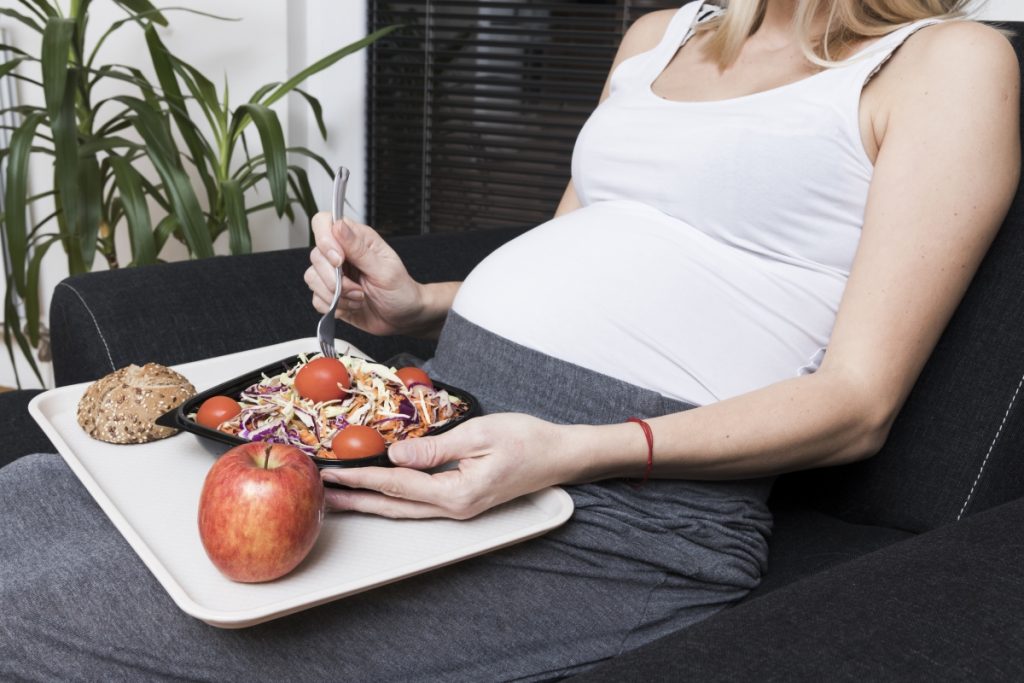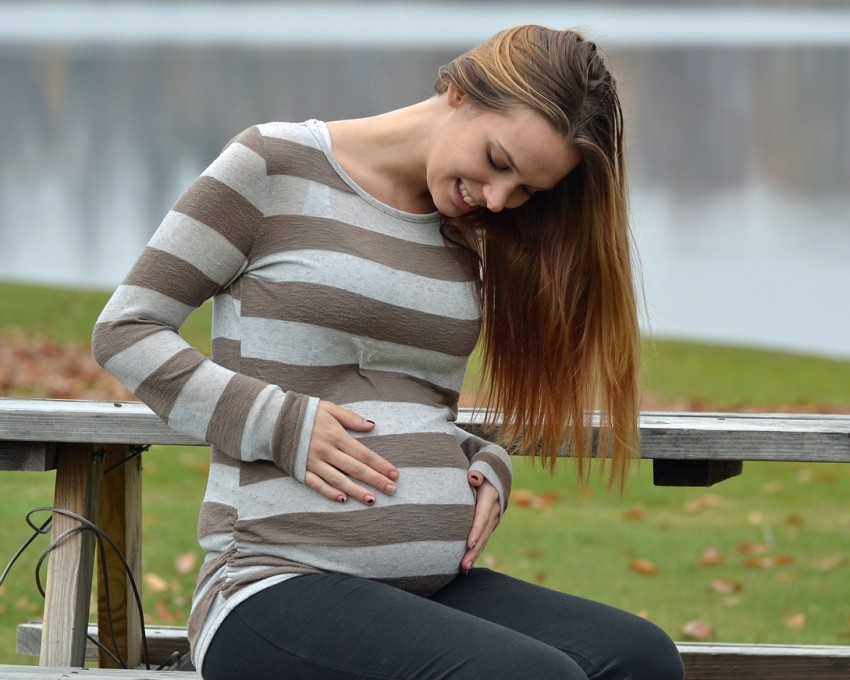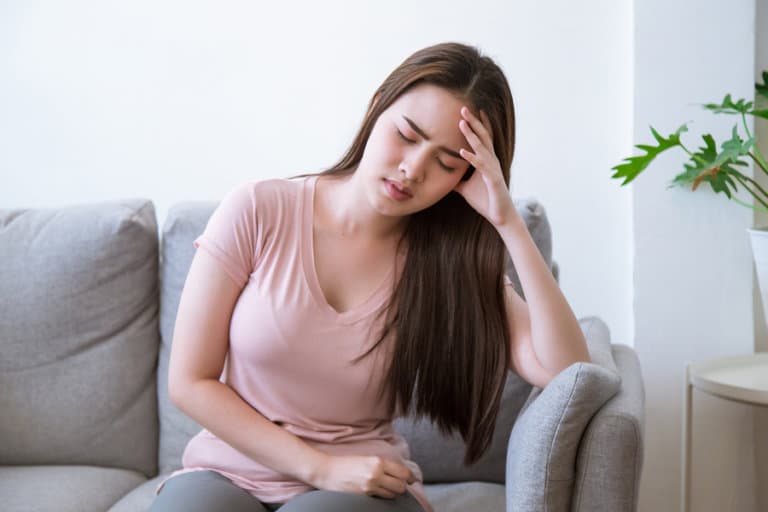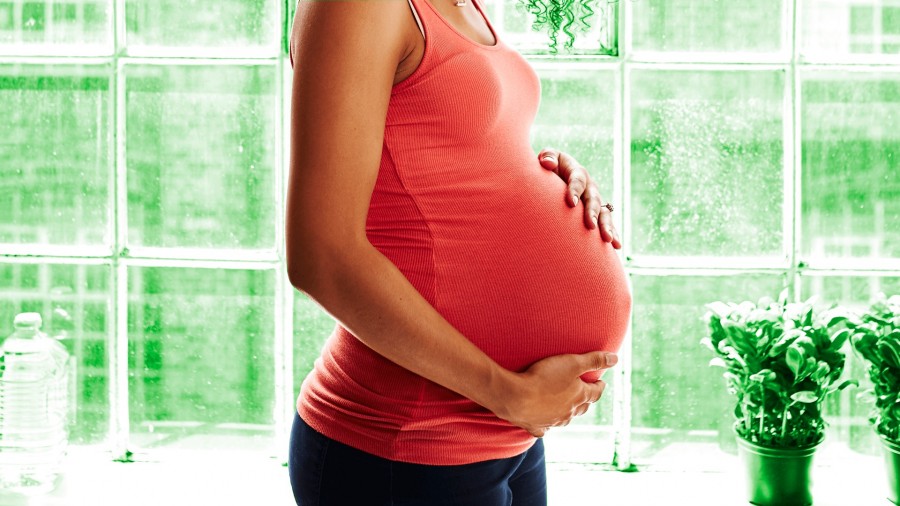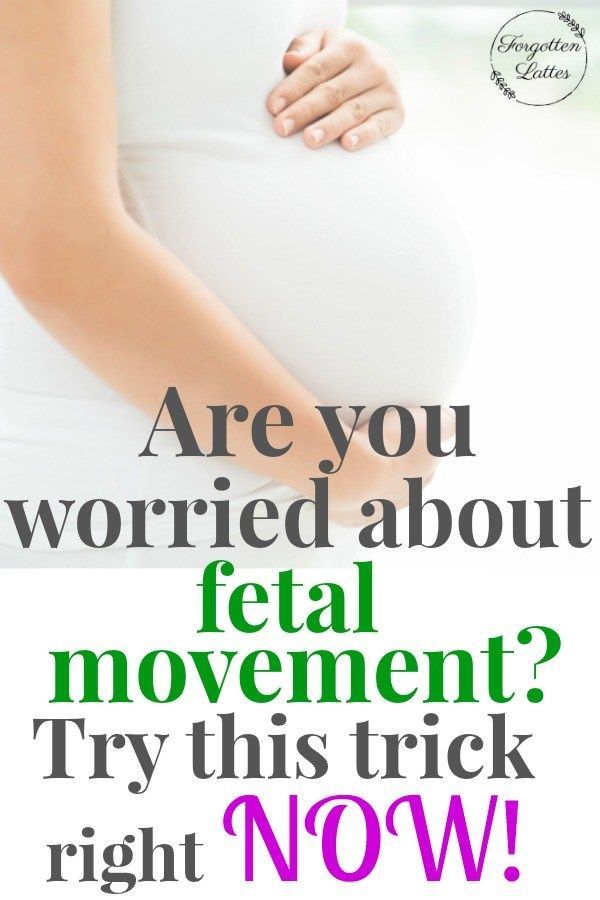Arthritis pregnancy hands
Hand & Finger Joint Pain During Pregnancy: Why it comes and the best at home treatments!
Are you experiencing hand and finger joint pain during your pregnancy? If so, you’re not alone. Many pregnant women experience this type of pain, especially in the later stages of their pregnancies. While the cause of hand and finger joint pain is not entirely known, there are a few things that you can do to help relieve the pain. In this blog post, we will discuss what causes hand and finger joint pain during pregnancy and present some tips on how to relieve the pain. We hope that this information will be helpful for you. Thank you for reading!
But first off, how do I know all of this?
Hi — I’m Hilary — The Pregnancy Nurse 👩⚕️. I have been a nurse since 1997 and I have 20 years of OB nursing experience, I am also the curly head behind Pulling Curls and The Online Prenatal Class for Couples. 🩺 I have helped thousands of women traige their aches and pains during pregnancy. I can help you possibly treat it at home or if you should be seen.
Before we get started, finger or hand pain could be a break or something more serious. If the pain is sharp, especially with specific movements I would contact a health provder.
What are the causes of hand and finger joint pain during pregnancy?
There are a few possible causes of hand and finger joint pain during pregnancy.
One possibility is that the pain is due to the added weight that your body is carrying. As your baby grows, your body is working hard to support the extra weight. This can put a strain on your joints and muscles, which can lead to pain.
Another possibility is that the pain is due to hormonal changes. During pregnancy, your body produces a hormone called relaxin. This hormone helps prepare your pelvic muscles and tendons for pregnancy by stretching and relaxing them. This can cause joint pain in other parts of your body, including your hands and fingers.
You may have noticed your fingers or hands swelling more than usual. You may have carpel tunnel (sometimes that manifests with hand pain) — check out my post on wrist pain in pregnancy. This is VERY common, and often due to swelling in your forearms that constricts the nerves for your hands. Luckily, after baby most people find this pain goes away (as this area of your body will no longer be swollen with extra fluids/blood flow).
Additionally, the changes in your posture that are necessary to support your growing baby can also lead to hand and finger joint pain due to how you’re holding your body.
If you love easy information like this that explains the changes happening to your body, do NOT miss-out on this class.
What can you do to relieve hand and finger joint pain during pregnancy?
There are a few things that you can do to help relieve hand and finger joint pain during pregnancy.
One option is to try hot or cold therapy. Applying heat or ice to the affected area can help to reduce pain and inflammation. A lot of people often ask which they should use. I would try both and see which feels better or has better results. I have a whole post on using a heating pad during pregnancy.
A lot of people often ask which they should use. I would try both and see which feels better or has better results. I have a whole post on using a heating pad during pregnancy.
You may be able to try over-the-counter pain relievers, such as ibuprofen or acetaminophen. Check with your provider if either of those are OK for you (or if they’d recommend something else).
If the pain is severe, you may want to consult with your healthcare provider about other options, such as prescription pain medication or cortisone injections.
Additionally, it is important to maintain good posture and to stay active during pregnancy. Exercise can help to reduce joint pain and stiffness. Often, I found some good posture exercises can help pain in my arms (it surprised me but it makes sense since those nerves come up through your neck to your hands). Something like this.
Are there any exercises that can help to prevent or reduce hand and finger joint pain during pregnancy?
Of course, you should talk with your provider before trying any new exercise program….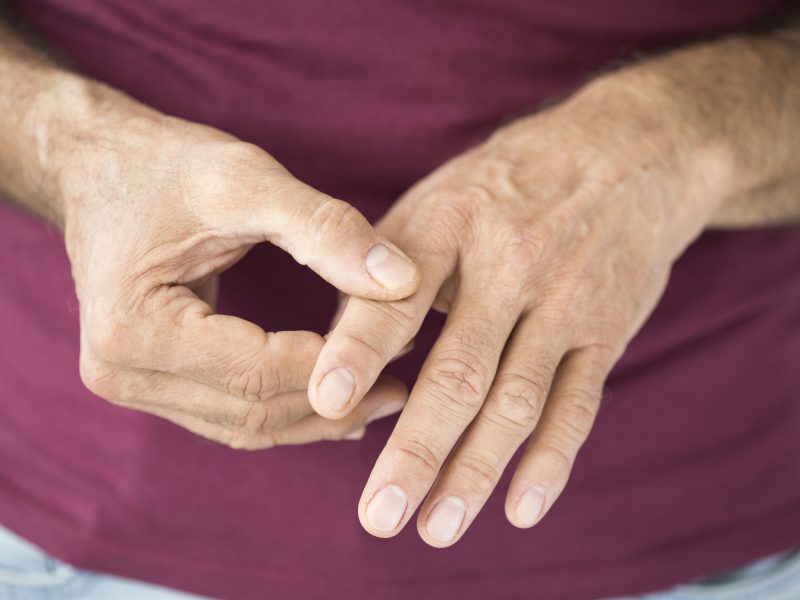
There are a few exercises that can help to reduce or prevent hand and finger joint pain during pregnancy.
One option is to try stretching exercises. Stretching can help to loosen tight muscles and tendons and reduce strain on the joints. You may want to stretch your arms and hands, but I would also encourage you to stretch your whole body!
Another option is to try strength-training exercises. These exercises can help to build up the muscles and tendons around the joints, which can help to reduce joint pain.
Additionally, aerobic exercises can help to increase blood flow and reduce inflammation.
Walking, swimming, and prenatal yoga are also all good options. Finally, be sure to talk to your healthcare provider if you are experiencing any type of pain during pregnancy. They can help you determine the cause of the pain and provide additional tips for relief.
What should you do if the pain is severe and doesn’t go away on its own?
If the pain is severe and doesn’t go away on its own, you should consult with your healthcare provider.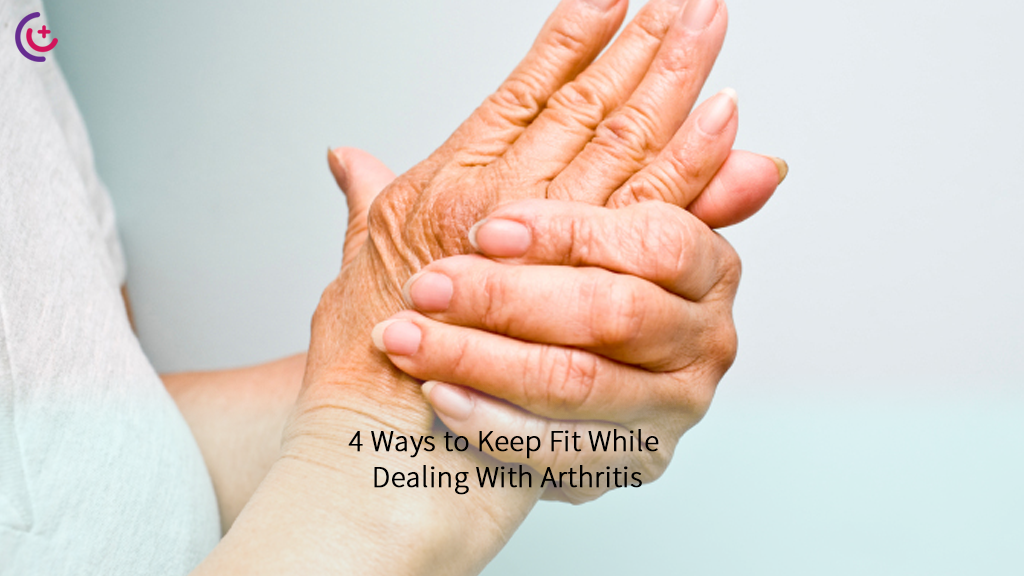 They can help to determine the cause of the pain and provide additional tips for relief.
They can help to determine the cause of the pain and provide additional tips for relief.
Additionally, they may prescribe medication or recommend other treatment options, such as cortisone injections, or physical therapy.
While many doctors don’t recommend it, I have had a lot of people have good luck with chiropractors as well (and this type of bone pain is right up their alley!)
I did a whole podcast episode about chiropractors during pregnancy:
Will the pain go away after giving birth, or will it continue to bother you after baby is born?
The pain should go away after you give birth. However, if the pain is severe or persists after giving birth, you should consult with your healthcare provider.
At that point you’d definitely want to take the time to go to physcial therapy, wear a brace or whatever they encourage you to do.
Any other tips for dealing with hand and finger joint pain during pregnancy?
Let me just sum-up the tips for dealing with hand and finger joint pain during pregnancy:
– Applying heat or cold to the affected area
– Taking over-the-counter pain relievers, such as ibuprofen or acetaminophen
– Stretching and strength-training exercises
– Proper posture, and body mechanics when performing tasks
– Walking, swimming, and prenatal yoga
– Consulting with your healthcare provider if the pain is severe or doesn’t go away on its own
Most of all, there is no reason to tell yourself that this pain isn’t there or that it doesn’t matter.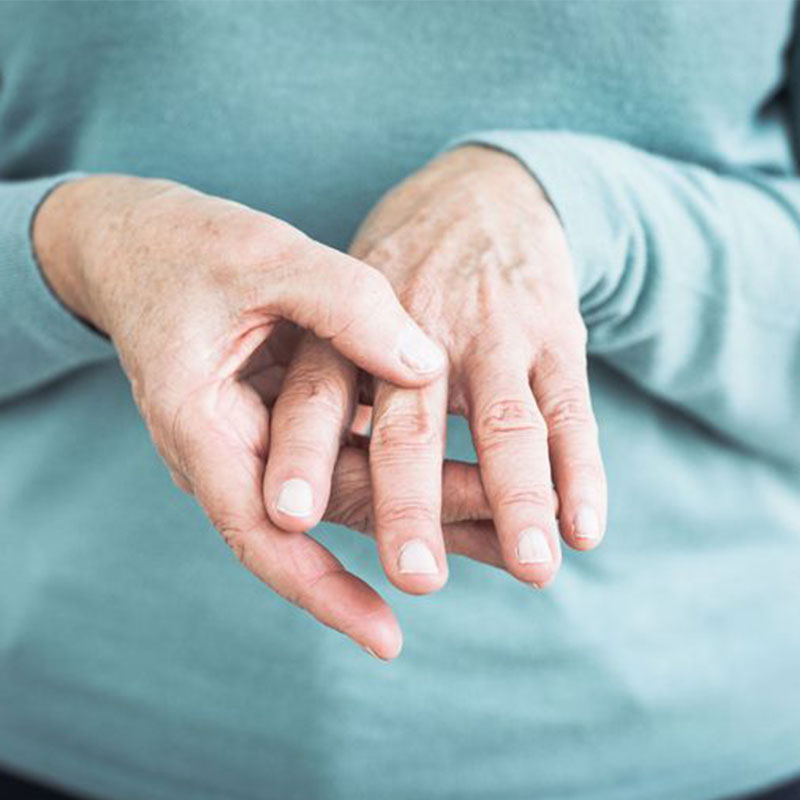 If your arms/hands are hurting, bring it up at appointments. There is likely something they can do to help you feel better — and that will be well worth your time!
If your arms/hands are hurting, bring it up at appointments. There is likely something they can do to help you feel better — and that will be well worth your time!
If the aches and pains of pregnancy or communicating with your healthcare team are getting you down, now is the time to get a prenatal class from a professional. This class is…
- Available 24/7
- Engaging and fun — meant for both of you to enjoy it and be a TEAM together
- Quick! It can be done in just a few hours.
Use coupon code PREGNURSE to get 10% off today.
And, if you’re not quite sure you’re ready for that whole thing, check out my free prenatal class. It’s your first step toward getting in the driver’s seat of your birth.
- About the Author
- Latest Posts
Hilary Erickson, BSN RN
A nurse since 1997, she has worked in various fields including pediatrics, geriatrics & hospice.
She has 20 years of labor and delivery experience in the San Jose, CA and Phoenix, AZ areas.
She is also the curly head behind the website Pulling Curls and is the creator of The Online Prenatal Class for Couples — the #1 hospital-based prenatal class on the internet.
Treating Joint Pain During Pregnancy
You’re probably noticing multiple body changes right now. In addition to the normal physical changes, it is common to experience increased joint and muscle pain during pregnancy. Increased weight puts pressure on the knees and may exacerbate knee pain. You may also notice that your joints seem looser and that you feel like you waddle when you walk. This is all very normal, but it can easily lead to the question about how to treat joint pain naturally during pregnancy.
Gaining water weight may increase stiffness in the feet, hips, knees, and ankles. Water weight gain may also worsen carpal tunnel syndrome, which causes pain and tingling in the fingers. Make sure to consult your doctor if your joint pain becomes worse or if you experience tingling and/or numbness in your hands or feet.
Also notify your doctor of any water weight gain, such as in the face or severe swelling of your hands. Specifically, it is important to contact your doctor immediately if you notice sudden swelling or water weight gain, particularly in the legs.
Aside from joint pain due to normal physical changes during pregnancy, joint pain during pregnancy may also be due to arthritis. Arthritis is a condition in which the joints become inflamed. Some women may find their arthritis becomes worse during pregnancy; however, others may experience less severe symptoms.
Treating Joint Pain and Knee Pain During Pregnancy
- Exercise: Regular exercise improves range of motion and can help keep your joints flexible. Low impact exercise, such as walking and swimming, is gentler on the joints.
- Hot and Cold Therapy:
- Try taking a hot shower or bath.
- Use a heating pad or electric blanket on your joints.
- Place an ice pack wrapped in a towel on your joints.

- Massage: Massage therapy has been shown to treat joint pain and stiffness, as well as improve the range of motion and walking.
- Acupuncture: Acupuncture may be able to help alleviate joint pain.
- Splints: Splints may be used to provide relief, particularly in the hands and knees.
- Herbal supplements: Some herbal supplements may also be used for joint pain. However, in order to prevent harmful drug interactions, it is important to consult your doctor or an herbal specialist before taking a supplement.
- Omega-3s: Including foods rich in omega-3s in your diet and/or taking an omega-3 supplement may help relieve joint pain and stiffness.
- Rest: Take time to rest to give your joints a break. Relaxation exercises as well as putting your feet up may also help alleviate knee and ankle pain.
- Footwear: Wearing high heels puts a strain on your ankles and feet. Instead, try to wear shoes that provide adequate support.
- Support: If your joint pain is getting in the way of your daily activities, don’t hesitate to ask for help.

GLA (gamma-linolenic acid) is another fatty acid that is used to alleviate joint pain. However, it should not be taken during pregnancy as it may induce labor and pose risk to the fetus. Likewise, turmeric, although used to relieve joint pain, should not be used during pregnancy.
When Natural Treatments Don’t Work
Acetaminophen is a possible alternative to relieve mild joint pain. Whether pregnant or not, it is important to limit your dosage and frequency because excessive use of the medication is associated with liver damage. Soothing ointments or creams that contain methyl salicylate should be avoided.
If natural remedies do not relieve your pain, consult your doctor about safe medications to take during pregnancy. It is also important to talk with your doctor if you were taking arthritis medication before pregnancy. Some medications are not safe to take during pregnancy, so your doctor may need to give you a new prescription.
Want to Know More?- Massage and Pregnancy – Prenatal Massage
- Exercise and Pregnancy
- Pregnancy Exercise Guidelines
Compiled using information from the following sources:
1.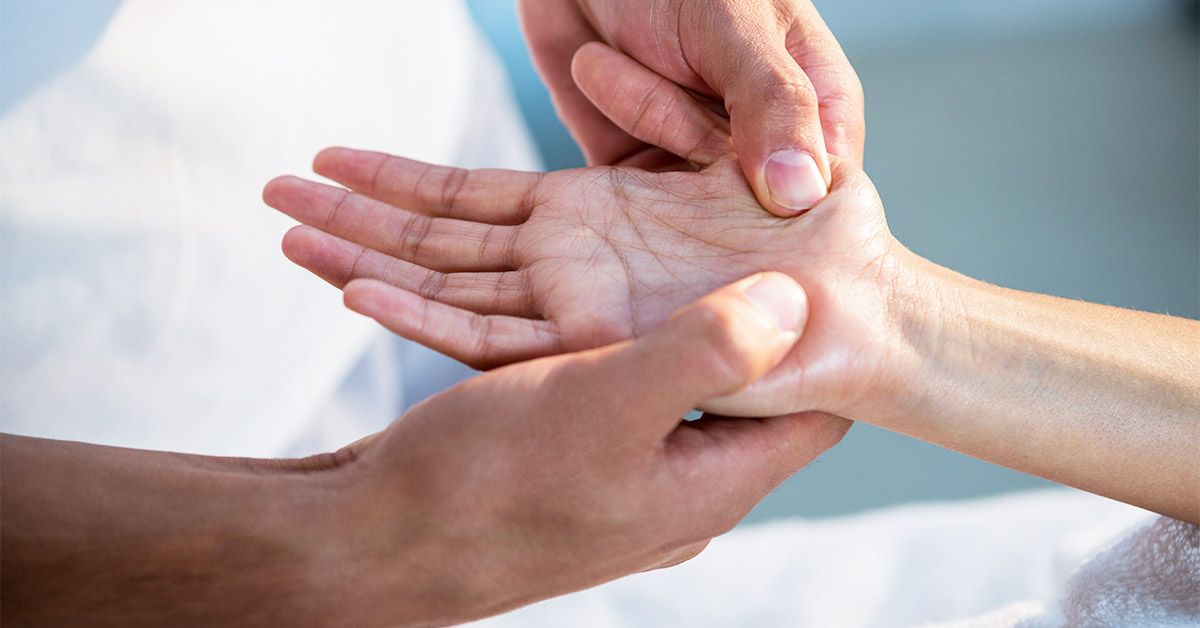 A.D.A.M, Inc. (2013). Gamma-linoleic acid.
A.D.A.M, Inc. (2013). Gamma-linoleic acid.
2. Bernstein, S. (n.d.). Benefits of massage.
3. Ellis, M. E. (2013, July 30). Natural relief from arthritis pain.
https://www.healthline.com/health/osteoarthritis/arthritis-natural-relief#Overview1
4. Gruenwald, J., Brendler, T., & Jaenicke, C. (Eds.). (2007). PDR for herbal medicines. Montvale, NJ: Thomson Healthcare Inc.
KidsHealth. (2012). Questions and answers.
https://kidshealth.org/parent/question/infants/ankles.html#cat20230
5. Pietrangelo, A. (2014). Arthritis during pregnancy: Symptoms, treatments, and remission.
https://www.healthline.com/health-slideshow/pregnancy-arthritis#1
6. University of Washington Department Orthopaedics and Sports Medicine. (n.d.). Pregnancy and arthritis.
https://www.orthop.washington.edu/?q=patient-care/articles/arthritis/pregnancy-and-arthritis.html
Influence of pregnancy on the activity of rheumatoid arthritis and its therapy according to prospective observation | Matyanova
1.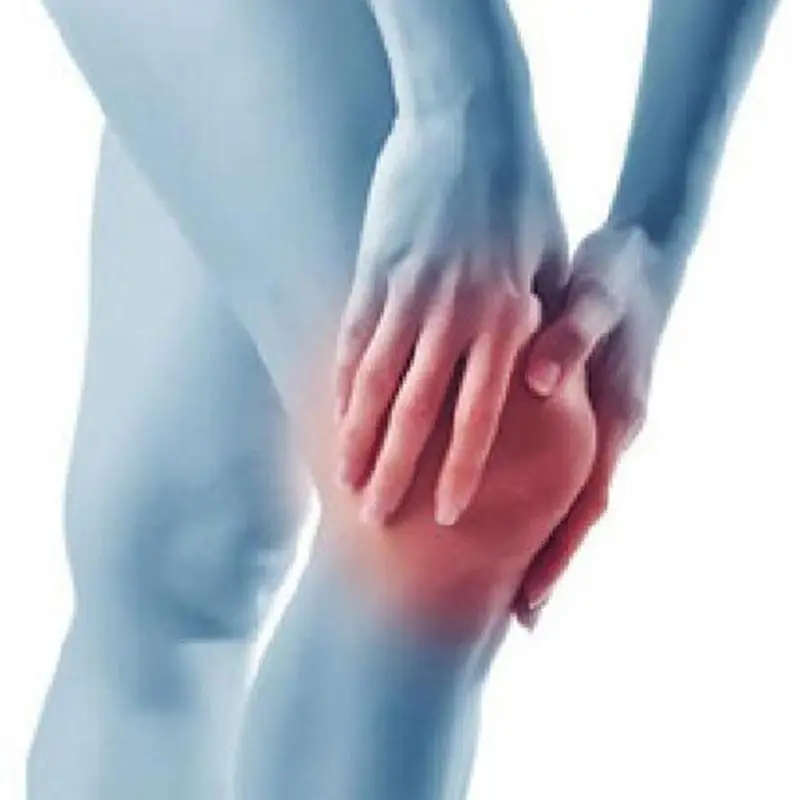 Hench PS. The ameliorating effect of pregnancy on chronic atrophic (infectious rheumatoid) arthritis, fibrositis and intermittent hydrarthritis. Mayo Clinic Proc. 1935;13:161–7.
Hench PS. The ameliorating effect of pregnancy on chronic atrophic (infectious rheumatoid) arthritis, fibrositis and intermittent hydrarthritis. Mayo Clinic Proc. 1935;13:161–7.
2. Hazes JM, Coulie PG, Geenen V, et al. Rheumatoid arthritis and pregnancy: evolution of disease activity and pathophysiological considerations for drug use. Rheumatology. 2011 Nov;50(11):1955–68. doi: 10.1093/rheumatology/ker302. Epub 2011 Sep 2.
3. Nelson JL, Hughes KA, Smith AG, et al. Maternal-fetal disparity in HLA class II alloantigens and the pregnancy-induced amelioration of rheumatoid arthritis. N Engl J Med. 1993;329:466–71. doi: 10.1056/NEJM199308123290704
4. Elliott AB, Chakravarty EF. Immunosuppressive medications during pregnancy and lactation in women with autoimmune diseases. Women's Health. 2010 May;6(3):431–40; quiz 441-2. doi: 10.2217/whe.10.24
5. Barbhaiya M, Bermas BL. Evaluation and management of systemic lupus erythematosus and rheumatoid arthritis during pregnancy. Clinic Immunol. 2013 Nov;149(2):225–35. doi: 10.1016/j.clim.2013.05.006. Epub 2013 May 23.
Clinic Immunol. 2013 Nov;149(2):225–35. doi: 10.1016/j.clim.2013.05.006. Epub 2013 May 23.
6. Matyanova EV, Kosheleva NM, Alekberova ZS, Aleksandrova EN. Assessment of rheumatoid arthritis activity during pregnancy and postpartum. Scientific and practical rheumatology. 2015;53(2):155–61 [Matyanova EV, Kosheleva NM, Alekberova ZS, Aleksandrova EN. Assessment of rheumatoid arthritis activity during pregnancy and postpartum. Nauchno-prakticheskaya revmatology = Rheumatology Science and Practice. 2015;53(2):155–61 (In Russ.)]. doi: 10.14412/1995-4484-2015-155-161
7. Anderson JK, Zimmerman L, Caplan L, Michaud K. Measures of rheumatoid arthritis disease activity: Patient (PtGA) and Provider (PrGA) Global Assessment of Disease Activity, Disease Activity Score (DAS) and Disease Activity Score with 28-Joint Counts (DAS28), Simplified Disease Activity Index (SDAI), Clinical Disease Activity Index (CDAI), Patient Activity Score (PAS) and Patient Activity Score-II (PASII), Routine Assessment of Patient Index Data (RAPID), Rheumatoid Arthritis Disease Activity Index (RADAI) and Rheumatoid Arthritis Disease Activity Index-5 (RADAI-5), Chronic Arthritis Systemic Index (CASI), Patient-Based Disease Activity Score With ESR (PDAS1) and Patient-Based Disease Activity Score without ESR (PDAS2), and Mean Overall Index for Rheumatoid Arthritis (MOI-RA). Arthritis Care Res (Hoboken). 2011 Nov;63 Suppl 11:S14–36. doi: 10.1002/acr.20621
Arthritis Care Res (Hoboken). 2011 Nov;63 Suppl 11:S14–36. doi: 10.1002/acr.20621
8. de Man YA, Dolhain RJ, van de Geijn FE, Hazes JM. Disease activity of rheumatoid arthritis during pregnancy: results rom a nationwide prospective study. Arthritis Rheum. 2008;59:1241–8. doi: 10.1002/art.24003
9. Ostensen M, Aune B, Husby G. Effect of pregnancy and hormonal changes on the activity of rheumatoid arthritis. Scand J Rheumatol. 1983;12:69–72. doi: 10.3109/03009748309102886
10. Klipple GL, Cecere FA. Rheumatoid arthritis and pregnancy. Rheum Dis Clin North Am. 1989;15:213–39.
11. Barrett JH, Brennan P, Fiddler M, Silman AJ. Does rheumatoid arthritis remit during pregnancy and relapse postpartum? Results from a nationwide study in the United Kingdom performed prospectively from late pregnancy. Arthritis Rheum. 1999;42:1219–27. doi: 10.1002/1529-0131(199906)42:6<1219::AID-ANR19>3.0.CO;2-G
12. Ostensen M, Fuhrer L, Mathieu R, et al. A prospective study of pregnant patients with rheumatoid arthritis and ankylosing spondylitis using validated clinical instruments. Ann Rheum Dis. 2004;63:1212-7. doi: 10.1136/ard.2003.016881
Ann Rheum Dis. 2004;63:1212-7. doi: 10.1136/ard.2003.016881
13. de Man YA, Bakker-Jonges LE, Goorbergh CM, et al. Women with rheumatoid arthritis negative for anti-cyclic citrullinated peptide and rheumatoid factor are more likely to improve during pregnancy, whereas in autofntibody-positive women autoantibody levels are not influenced by pregnancy. Ann Rheum Dis. 2010 Feb;69(2):420–3. doi: 10.1136/ard.2008.104331. Epub 2009 Mar 11.
14. Oka M. Effect of pregnancy on the onset and course of rheumatoid arthritis. Ann Rheum Dis. 1953;12:227–9. doi:
15. 1136/ard.12.3.227
16. Hargreaves ER. A survey of rheumatoid arthritis in West Comwall; a report to the Empire Rheumatism Coucil. Ann Rheum Dis. 1958;17:61–75. doi: 10.1136/ard.17.1.61
17. Furger F, Ostensen M, Schumacher A, Villiger PV. Impact of pregnancy on health related quality of life evaluated prospectively in pregnant women with rheumatic diseases by the SF-36 health survey. Ann Rheum Dis.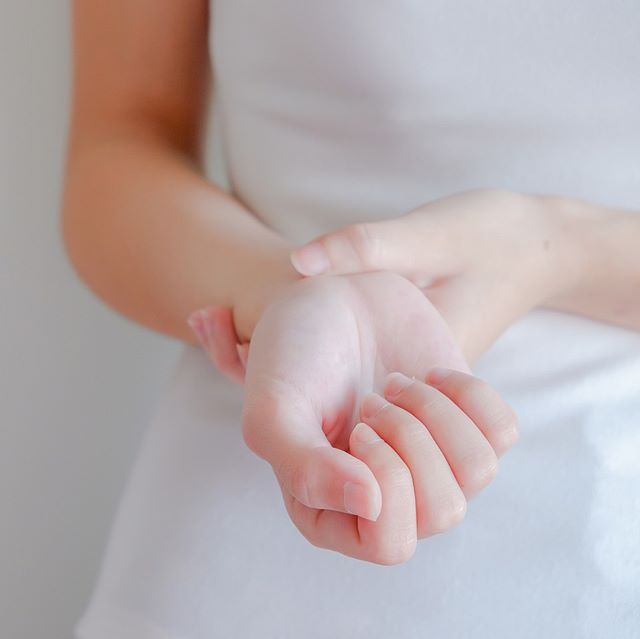 2005;64:1494–9. doi: 10.1136/ard.2004.033019
2005;64:1494–9. doi: 10.1136/ard.2004.033019
18. de Man YA, Hazes JM, van de Geijn FE, et al. Measuring disease activity and functionality during pregnancy in patients with rheumatoid arthritis. Arthritis Rheum. 2007;57:716–22. doi: 10.1002/art.22773
19. Fransen J, Stucki G, van Reil PLCM. Rheumatoid arthritis measures. Arthritis Rheum. 2003;49:214–24. doi: 10.1002/art.11407
20. de Man YA, Dolhain RJ, Hazes JM. Disease activity or remission of rheumatoid arthritis before, during and following pregnancy. Curr Opin Rheumatol. May 2014;26(3):329-33. doi: 10.1097/BOR.0000000000000045
Hands hurt during pregnancy
Tunnel (carpal) syndrome: characteristic symptoms
Pain occurs, as already mentioned, due to compression of the median nerve, so the most common localization of the manifestation of the syndrome is the fingers (with the exception of the little finger, since its innervation is carried out not by the median nerve, but by outgoing branches of the ulnar nerve), wrist, palmar surface of the hand.
The period characteristic for the manifestation of this disease, when the wrist of the left hand most often hurts, is the 3rd trimester of pregnancy.
The nature of the discomfort is determined by the fact that the hands and wrists hurt, swell and go numb during pregnancy, sometimes there may be trembling of the fingers.
In addition to the above, vasoconstriction, increased hand sensitivity to cold, and skin pallor are added. Most often, the disease manifests itself at night, but symptoms can also be observed during the day.
If pain occurs in the little finger or on the back of the hand, then this indicates the presence of another disease, since these parts of the hand have a different innervation.
Often the syndrome resolves after childbirth. A woman's normal, prenatal metabolism is restored. . However, if the disease persists, then you need to contact a hematologist (nephrologist, neuropathologist, cardiologist) to prescribe drug therapy. Physiotherapy also helps to avoid the frequent occurrence of pain.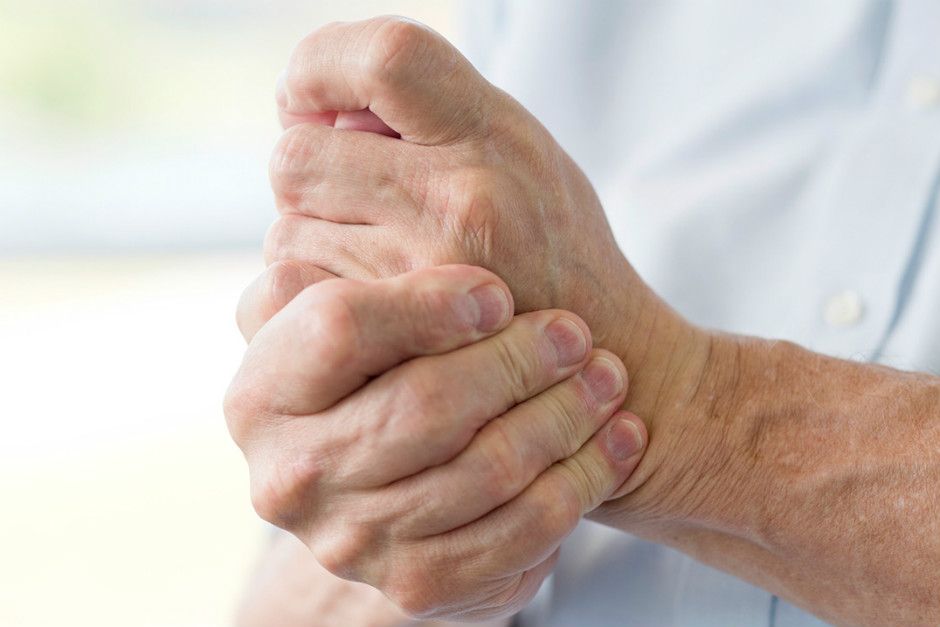
If the situation does not improve, then surgical treatment must be applied.
Cause of pain
So, why do hands hurt during pregnancy? As a rule, during this period, a woman begins to gain weight, which is the physiological norm for this condition. However, after weight gain, edema may appear, indicating a violation of the water-salt metabolism in the body. Here, a woman may complain that her joints of the hands hurt during pregnancy. Along with the violation of water-salt metabolism, there is a decrease in blood flow.
Innervation changes due to nerve compression. Due to the current situation, the nerve cannot conduct nerve impulses normally, and this, in turn, leads to a lack of impulses in the wrist and hand area.
Most often, women who suffer from kidney and heart problems, as well as overweight, rheumatic diseases, and fractures in the area of the hands suffer from diseases. Pregnant women also have reduced immunity, so most often they have exacerbated chronic diseases.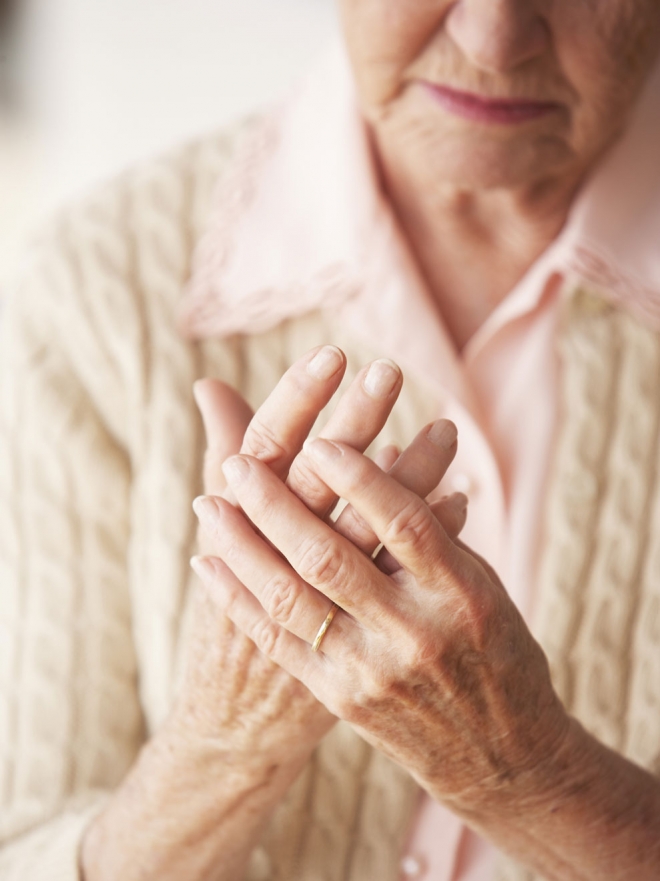
The hands are the most painful, because it is with the hands that everything has to be done. In addition to numbness, pain, in the hands there may be sensations such as: hand tremor; the appearance of heaviness in the hands; feeling of weakness in the fingers; itching in the palms.
Many women are forced to remove jewelry from their fingers and hands due to severe discomfort and pain.
How to get rid of the disease
If you are still overtaken by this disease, first you need to adjust your lifestyle and diet.
Taking into account the fact that the body of a pregnant woman is undergoing restructuring, she needs the so-called "building materials". These include vitamins (especially vitamins K, B12, B6, C, E - they are all involved in hematopoiesis). Therefore, you should eat meat products (poultry), vegetables (peppers, onions, tomatoes, cucumbers), fruits (oranges, lemons, apples, bananas, kiwi), berries (blueberries, raspberries, strawberries), also legumes, dairy products.

